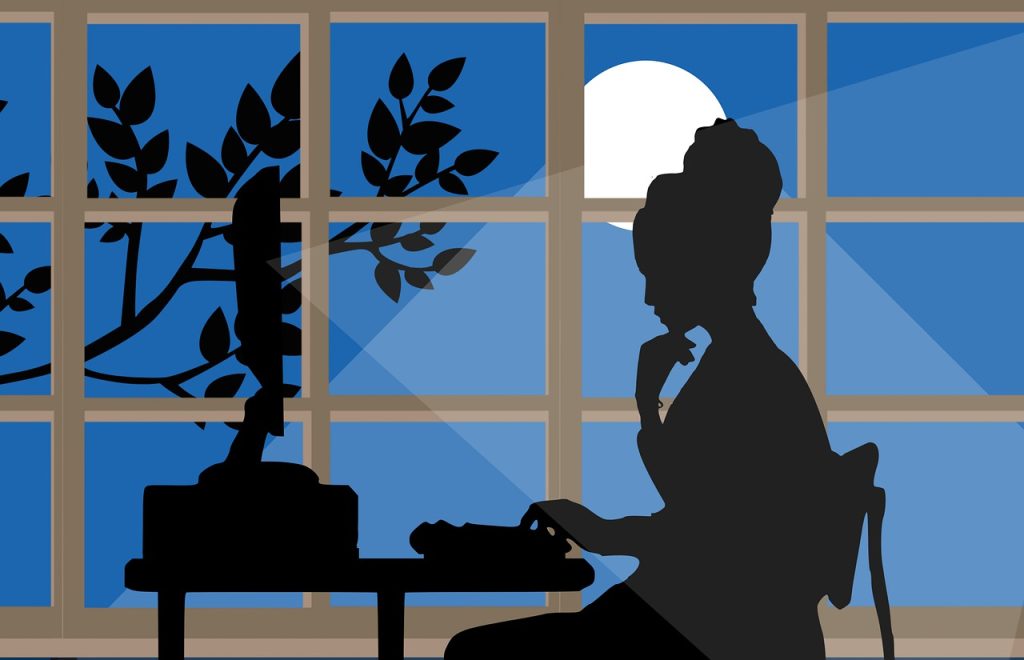Everyone knows the feeling of being groggy, unenergetic, and just plain exhausted in the morning—and it’s no fun. But what may come as a surprise to many is that the negative effects of sleep deprivation do not only occur while you are sleeping. Sleep-deprived individuals are more likely to struggle with tasks requiring problem-solving and experience difficulty regulating their moods and emotions. The good news? Sleep deprivation can be remedied—here are a few tips to help you get your best night’s sleep ever! Let us now examine the negative consequences of sleep deprivation among students.
What sleep deprivation does to your body
Sleep deprivation can cause several physical consequences, including weight gain, headaches, and a weakened immune system. It can also lead to accidents and injuries. In addition to the physical effects, sleep deprivation can also take a toll on your mental health, causing problems with concentration, memory, and decision-making. The lack of sleep can also lead to moodiness and irritability. All of these factors can hurt your academic performance.
Takeaway tips about sleep deprivation
1. Get at least eight hours of sleep every night to stay healthy and perform your best academically.
2. If you’re not getting enough sleep, you’re more likely to get sick.
3. Sleep deprivation can lead to weight gain and obesity.
4. Not getting enough sleep can negatively impact your mood and make you more prone to anxiety and depression.
5. Sleep deprivation can affect your memory and make it difficult to concentrate and learn new information.
6. Pulling all-nighters may seem like a good way to get ahead, but it will make you perform worse on exams and other assignments.
Common causes of sleep deprivation in students
According to the National Sleep Foundation, there are several common causes of sleep deprivation in students. These include stress, caffeine consumption, late-night studying, use of electronic devices before bed, and an irregular sleep schedule. All of these can lead to students feeling tired during the day and having difficulty concentrating in class.
How to overcome sleep deprivation as a student
1. Get on a regular sleep schedule. Set a bedtime and stick to it as much as possible, even on weekends.
2. Keep a cool, dark, and quiet environment in your bedroom for optimal sleep conditions.
3. Establish a relaxing bedtime routine to help you wind down before sleep. 4. Limit caffeine intake and avoid drinking it close to bedtime.
5. Avoid working or studying in bed. Keep your bedroom for sleep only.
6. Get regular exercise, but not close to bedtime. Physical activity can help you fall asleep more easily, but it can have the opposite effect if done too close to bedtime.
7. Manage stress levels by implementing relaxation techniques such as deep breathing or meditation
Conclusion
A lack of sleep has many negative consequences for students. It can lead to poor grades, health problems, and even accidents. If you’re not getting enough sleep, be sure to talk to your doctor or a counselor to find out how you can improve your sleep habits. The negative consequences of sleep deprivation among students is enormous, can you share with us other effects you can think of.


A nice write up on the consequences of sleep deprivation.
In order to make the suggestions work, there is need for intentionality on the part of the students.
As adults, we need to reduce the time students on screen as this is the number factor of sleep deprivation among teenagers.
Sleep deprivation is not good for one’s health.